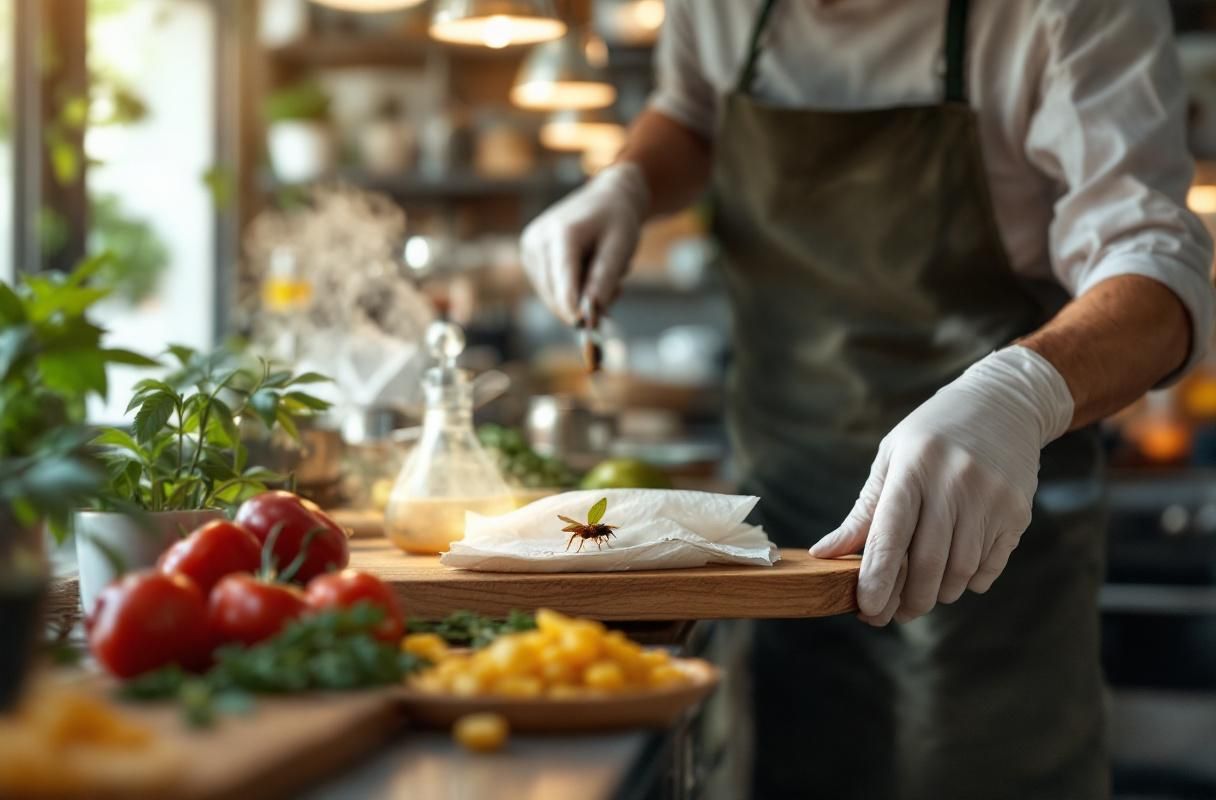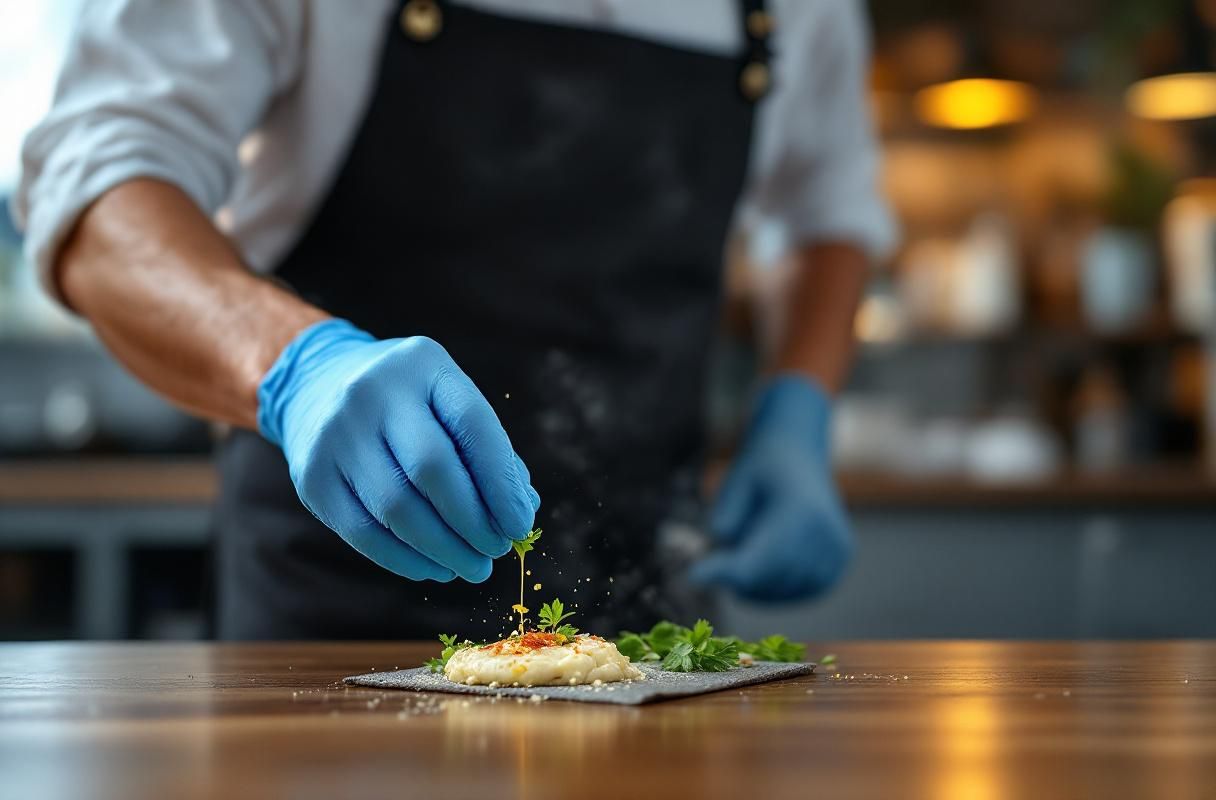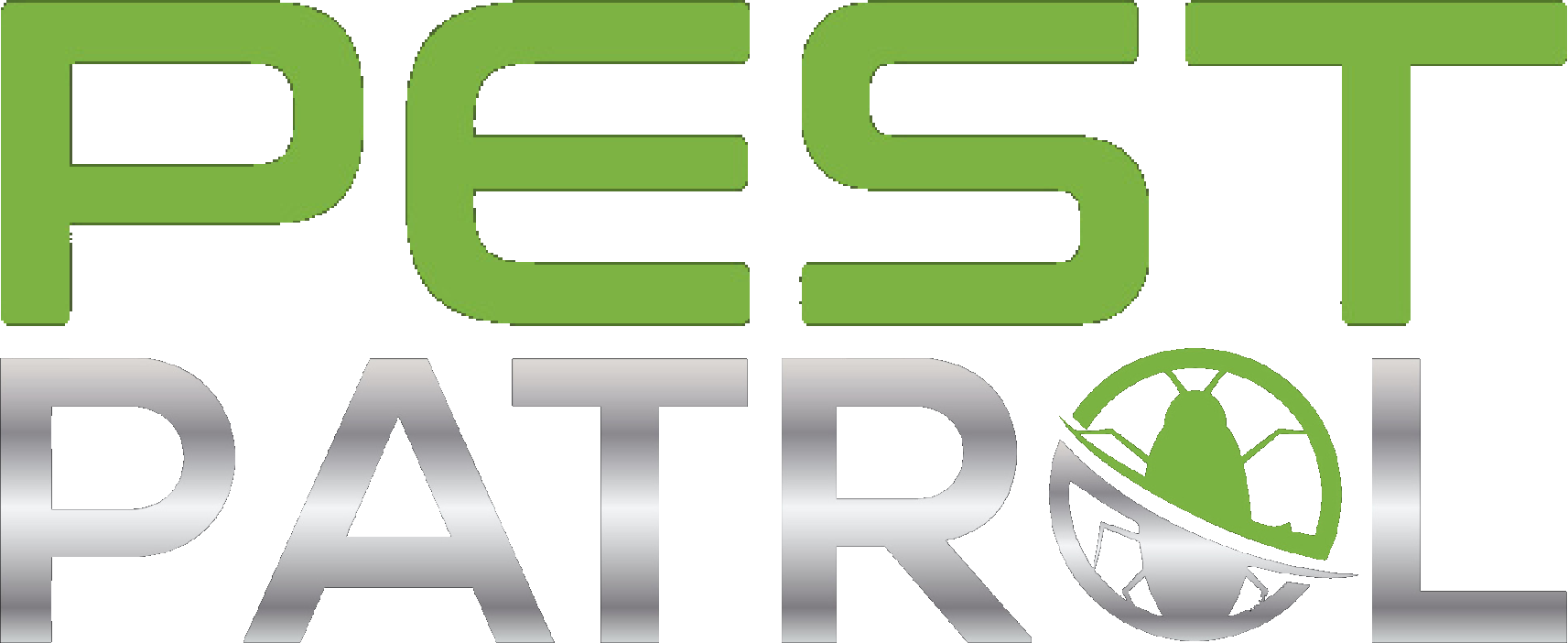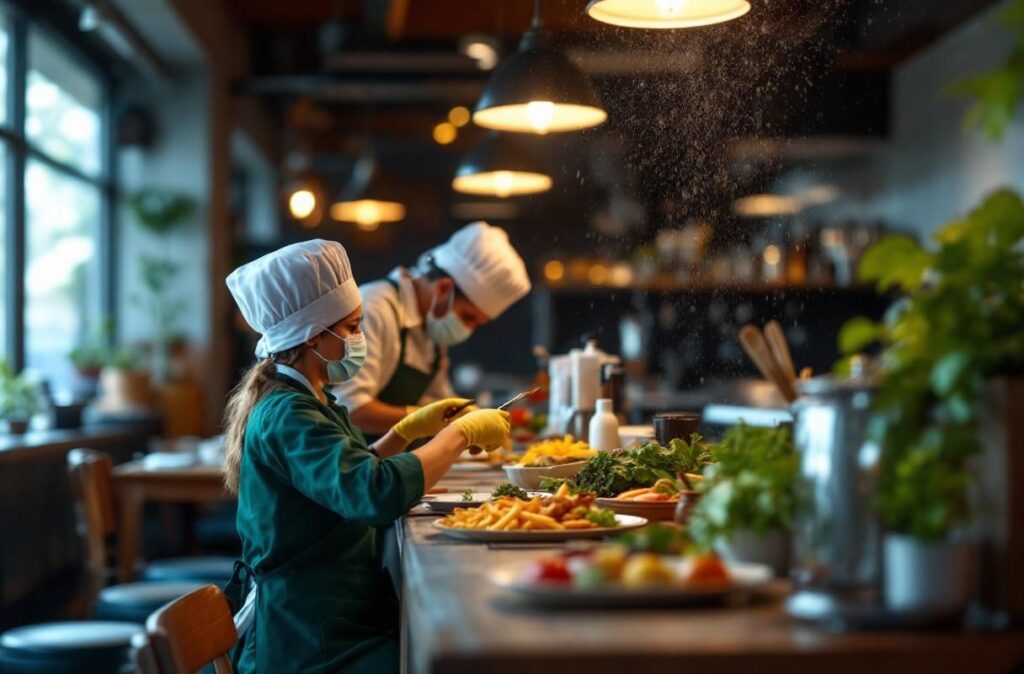Key Takeaways
- Cleanliness and routine inspections are key to preventing infestations.
- Common restaurant pests include rodents, cockroaches, flies, and stored product pests.
- Staff training, sanitation, and secure food storage help reduce pest risks.
- Professional pest control services offer tailored, compliant, and proactive solutions.
- DIY methods often fall short in effectiveness and compliance.
Maintaining a pest-free environment is essential for Oregon restaurant owners—not only for health code compliance but also to protect customers, employees, and your business reputation. With the combination of food, moisture, and warmth, restaurants are prime targets for pests ranging from rodents to cockroaches and flies. Effective pest control is not just about eliminating pests after the fact—it’s about putting systems in place that prevent them in the first place.
If you operate a restaurant or food business in Oregon, this guide will help you understand the most critical pest threats, outline proven prevention strategies, and explain why hiring a professional pest control service may be the smartest investment you can make.
Common Pests in Oregon Restaurants
Understanding the types of pests that commonly affect restaurants in Oregon is the first step to preventing them:
- Rodents (mice and rats): These pests are drawn to food storage areas, warm hiding spots, and garbage bins. They contaminate food, gnaw on wires, and spread disease.
- Cockroaches: Known for their resilience, cockroaches hide in dark, damp areas and can rapidly infest kitchens, drains, and behind equipment.
- Flies: These include houseflies and fruit flies, both of which carry bacteria and can contaminate food and surfaces.
- Stored product pests: Insects like beetles and moths that target dry goods and grains in pantries, leading to spoilage and food waste.
Each pest presents its own unique challenge, but all share one thing in common: they thrive where there’s poor sanitation or easy access to food and shelter.

Core Prevention Strategies Restaurants Should Implement
Proactive measures form the foundation of any successful pest control program. Here are key practices every restaurant should follow:
- Seal Entry Points: Check walls, windows, baseboards, and utility entry points for gaps. Use sealant or mesh to block pest access.
- Maintain Cleanliness: Clean spills and crumbs promptly. Ensure daily cleaning of prep stations, under equipment, and dining areas.
- Proper Food Storage: Keep all dry goods sealed in air-tight containers. Rotate stock regularly and dispose of expired items.
- Garbage Control: Use tight-lidded bins and take out the trash daily. Clean the bins themselves to eliminate residue.
- Moisture Management: Address leaks under sinks or refrigeration units. Keep floors dry, especially in dishwashing areas.
- Regular Inspections: Schedule weekly walkthroughs to check pest-prone areas such as storage, dumpster zones, and food prep stations.
How to Keep Staff Involved in Pest Prevention
Your staff plays a pivotal role in maintaining a pest-free space. Their daily habits can either support or sabotage your pest control efforts:
- Train staff regularly on spotting early signs of pest activity and reporting it immediately.
- Assign cleaning responsibilities and ensure checklists are followed.
- Discourage food storage in lockers, drawers, or non-designated areas.
- Create a reporting system for potential pest sightings or sanitation concerns.
Making pest control part of your company culture fosters long-term awareness and accountability.
Why Hiring a Professional Service Is Better Than DIY
DIY pest control may seem like a cost-effective solution, but it often leads to recurring issues, non-compliance with health regulations, and ineffective results. Here’s why professionals make a difference:
- Expertise in Identification: Professional technicians accurately identify pest species and understand their behavior, enabling more effective treatment.
- Targeted Solutions: Instead of generalized sprays, pros use precise methods like gel baits, monitoring systems, and targeted treatments.
- Access to Commercial-Grade Tools: These include sealed bait stations, industrial vacuums, and monitoring traps that aren’t available to the public.
- Compliance Knowledge: Licensed pest control companies know how to comply with local and state food safety laws.
- Documentation and Reporting: Pros provide logs and inspection reports, which are essential during health inspections.
By investing in a professional service, you’re also investing in the long-term success of your restaurant. One option for Oregon-based restaurants is Pest Patrol, a trusted company that uses environmentally conscious techniques to provide reliable results.

Best Practices for Restaurant Sanitation
- Daily Cleaning Schedules: Prioritize cleaning of food prep surfaces, under-counter areas, sinks, and floors.
- Weekly Deep Cleaning: Move equipment and clean hard-to-reach areas where food and debris collect.
- Drain Maintenance: Keep drains free of grease buildup that attracts pests. Use enzymatic cleaners where necessary.
- Exterior Maintenance: Trim landscaping away from doors and windows. Keep dumpster areas clean and located away from entry points.
Even the best chemical treatments can’t overcome poor sanitation. That’s why pest prevention and hygiene go hand in hand.
Choosing the Right Pest Control Partner
When selecting a pest control company for your restaurant, consider the following:
- Industry Experience: Make sure the provider has experience specifically with food service businesses.
- Service Frequency: Ask about flexible service plans—monthly or bi-weekly visits are often recommended for restaurants.
- Transparent Communication: Look for companies that offer detailed reports and explain the rationale behind their treatment plans.
- Eco-Conscious Practices: Seek providers who minimize pesticide use and focus on sustainable methods.
Another trusted option for local restaurant owners is Pest Patrol, known for combining environmentally sound solutions with effective, science-backed treatment plans tailored to the food service industry.
Frequently Asked Questions
How often should restaurants in Oregon schedule pest control?
Most restaurants benefit from monthly treatments and inspections. However, high-traffic locations may require bi-weekly visits.
Can pest control treatments be done after business hours?
Yes. Reputable pest control companies offer flexible scheduling to minimize disruption.
Are pest control treatments safe around food?
Licensed professionals use food-safe, regulated products and follow safety protocols to protect kitchen environments.
Is it necessary to notify health inspectors of pest issues?
Yes. Oregon health regulations require transparency and swift action when pest problems arise.
Do natural or eco-friendly pest control methods work?
Absolutely. When implemented correctly, they are effective and safer for both customers and staff.


